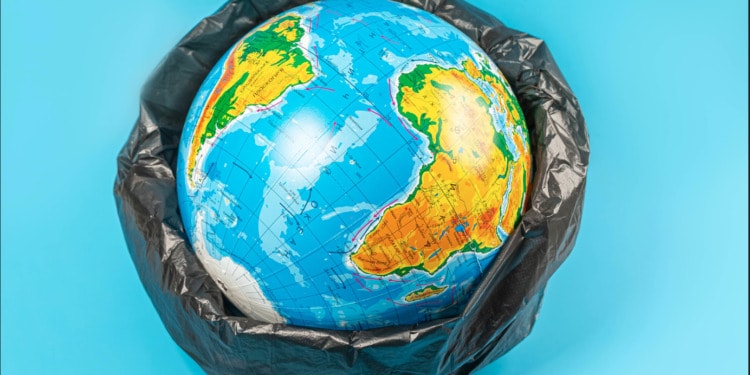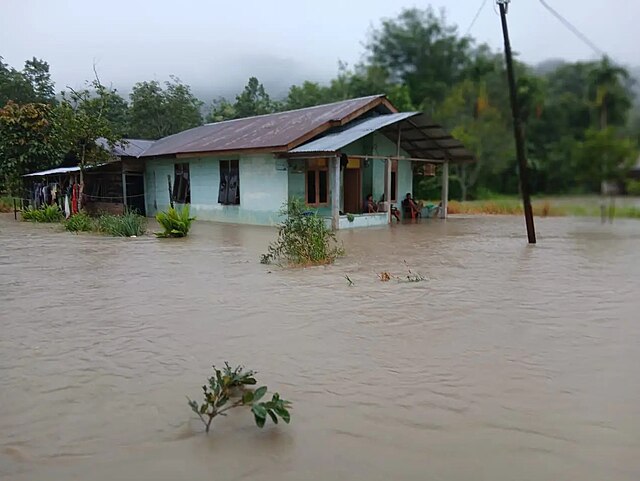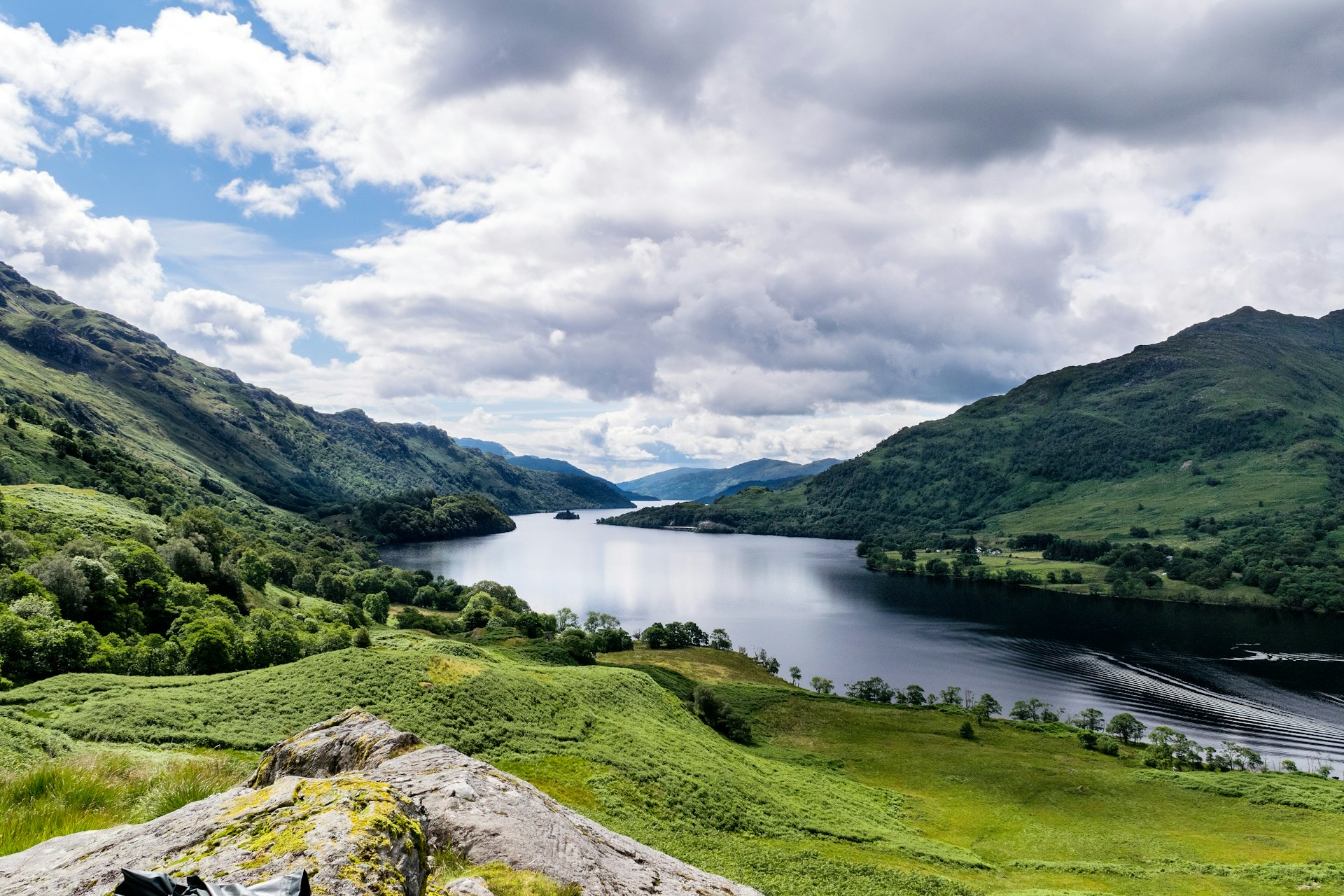The official World Environment Day ceremony in Stockholm on Sunday marks 50 years since the 1972 United Nations Conference on the Human Environment, the first global environment summit.
Also held in Stockholm, the 1972 conference led to the founding of UNEP and the creation of World Environment day, hosted by a different country each year. This year, Sweden also hosted the Stockholm+50 conference on June 2-3 to mark this anniversary and accelerate climate action.
“In the universe there are billions of galaxies, in our galaxy are billions of planets. But there is Only One Earth,” write the event organizers on their website.
This year’s theme #OnlyOneEarth repeats that of the World Environment Day in 1973
#OnlyOneEarth highlights that we no longer live in harmony with the earth, the only planet we have, and aims to encourage the push for transformative action globally to reset the balance between people and the natural world.
This focus stems from findings by the Global Footprint Network that humans are using Earth’s natural resources quicker than they can be replaced: The equivalent of 1.6 Earths per year to maintain our current way of life.
The United Nations Environment Programme (UNEP) engaged governments, businesses, schools, and communities to raise awareness and make changes on these issues this World Environment Day.
https://www.youtube.com/watch?v=_CIPLOajR58
In his World Environment Day message, UN Secretary-General António Guterres said:
“We can no longer ignore the alarm bells that ring louder every day”, “The recent Stockholm+50 environment meeting reiterated that all 17 Sustainable Development Goals rely on a healthy planet. We must all take responsibility to avert the catastrophe being wrought by the triple crises of climate change, pollution and biodiversity loss.”
Guterres then outlined recommendations to activate renewable energy technologies and triple investment in them. Guterres placed the onus on businesses to put sustainability at the heart of their decision-making and advocated for the empowerment of women and indigenous groups in this process.
Key issues highlighted by UNEP:
– The rising costs of adaptation, which could reach US$280-500 billion per year by 2050 for developing countries alone.
– Climate change. Greenhouse gas emissions must be halved, which will require investment in renewable energies that can act as economic multipliers as they offer new business opportunities and jobs
– Nature and biodiversity loss and ecosystem degradation
Ecosystems support all life on Earth. 🌍
For #WorldEnvironmentDay, learn how you can contribute to preventing, halting & reversing ecosystem degradation in a new FREE course on Ecosystem Restoration by @UNDP & @UNBiodiversity.
➡️ https://t.co/zWevUxHkPU #GenerationRestoration pic.twitter.com/UoJDpFTFw8
— UN Biodiversity (@UNBiodiversity) June 1, 2022
– Waste
– Peace: Conflicts such as the Russo-Ukraine war are intensifying environmental devastation, and rights violations. Peace is therefore imperative for addressing the climate crisis.
What happened on the day itself:
On Sunday morning the official ceremony was held at Stockholm’s Tekniska Museet, Sweden’s national science and Technology Museum, with a special program invovling music, discussions, and announcements.
The event included a discussion between Sweden’s Climate and Environment Minister Annika Strandhäll and Executive Director of UNEP Inger Andersen, and young people.
Strandhäll began by reiterating the words of Sweden’s Prime Minister in 1972 Olof Palme that “our future is common – we must shape it together”. Strandhäll described Sweden as a “climate frontrunner” which aims to achieve net-zero emissions by 2045, is greening its economy, and rapidly adopting low-carbon and renewable infrastructure.
“Our message to the global community is clear. The winners in the global race will be the ones that speed up the transition, not the ones that lag behind and cling to a dependency on fossil fuels,” she said.
UNEP Director Andersen then spoke:
“We have only one Earth. We have to accept that we’re not doing enough to protect it […] Science has told us we have to end fossil fuels. We have to restore nature to its full glory. We have to transform our food systems. We have to make our cities green.”
There was also a focus on the importance of young people’s rights in the ceremony, and the panel then opened to questions from two young people from Sweden and one from Columbia, who asked about education, youth activism, and climate justice.
Strandhäll then announced Sweden’s contribution to World Environment Day: a ban on the issuing of new licences for the extraction of coal oil and natural gas from July 1 this year, as well as a pledge to create more green jobs that help accelerate the climate transition.
Initiatives people and states took on the occasion
Individuals, communities, businesses, and governments marked World Environment Day with various celebrations and pledges.
Millions joined social media conversations to demand urgent action to conserve and restore the environment. Many organised their own activities, including the planting of millions of trees, cleaning trash, and taking other actions to highlight that there is #OnlyOneEarth.
Governments quickly moved forward to earn Brownie points for pledges and launching initiatives. Here’s a quick roundup of the major promises made around the world.
India’s Prime Minister Narendra Modi launched the LiFe (Lifestyle For Environment) initiative to raise awareness about sustainable lifestyles.
Tomorrow, 5th June is marked as #WorldEnvironmentDay. At 6 PM, the LiFE global movement will be launched. This movement seeks to encourage practices that further sustainable living and environmentally friendly development. https://t.co/0Uqipvn9Xl
— Narendra Modi (@narendramodi) June 4, 2022
During a video conference on the day hosted by Shri Amitabh Kant CEO of NITI Aayog and attended by World Bank President David Malpass and Bill Gates, amongst others, Modi said that this was the day that “We begin the LiFE movement”, whose “focus area is living sustainably in harmony with nature. The seriousness and the solution are beautifully covered in these phrases.”
Despite Modi’s optimistic rendition of recent climate successes India has achieved, such as reaching 40% of installed electricity from non-fossil fuel sources 9 years ahead of schedule, one can’t help but question whether the LiFE movement over-emphasises the importance of individual action for tackling climate climate change, rather than larger scale actions taken by government.
New Zealand’s government announced that the Styx Living Laboratory will receive $4.12 million of Jobs for Nature funding to protect the Styx River (Pūharakekenui).
Argentina adopted the exotic invasive species national strategy, including joint management plans with Chile.
Paraguay will launch the Paraguay + Verde project to address climate change after receiving financial support of US$50 million from the Global Environment Facility.
Uruguay announced that it will start participatory processes towards work on its second Nationally Determined Contributions towards the Paris Agreement Goals.
Singapore launched Quest Global, one of the world’s fastest growing engineering services firms, announced its Quest Global Pledge – a global reforestation drive. In partnership with One Tree Planted, the firm will plant 500,000 trees globally by 2025.
In Canada, an official curriculum will be launched on Indigenous Conservation across Canada.
As emphasised by Strandhäll, “no action is too small,” and so the cumulative efforts of the aforementioned countries, regardless of their specificities to the nations themselves, are positive.
However, mainstream media did not broadly cover the event, so perhaps the event did not achieve the desired maximum awareness. In the UK, it is very likely that the event was overshadowed by the Jubilee weekend.
Overall, the speakers tried their best to address the role of politicians, financial institutions, and businesses, urging quick action to counter the accelerating climate emergency. But there is no doubt that current progress is still too slow and on too small a scale, despite a raft of climate initiatives, agreements and other promises.
Editor’s Note: The opinions expressed here by Impakter.com columnists are their own, not those of Impakter.com — In the Featured Photo: Planet Earth in plastic bag. Featured Photo Credit: Flickr.














